Who do you admire? And what does the object of your admiration say about who you are and what you value?
My father, Kate, and I traveled 350km south of Seoul by high-speed rail to visit Bongha Village, the hometown of former South Korean president Roh Moo-hyun and one place my father particularly wanted to visit during our trip here.
Roh was president from 2003–2008. He was born right after World War II into a poor farming family. He did not have the means to go to college or law school but he passed the Bar on his own and became a renowned human rights attorney, specializing in the rights of students who were agitating against authoritarian rule.
The support of young people via emerging technologies like SMS messaging brought Roh to the presidency. He represented a new generation of Korean politicians who favored a good relationship with North Korea, even at the expense of the displeasure of the United States. He was also known for passionate speeches against political corruption.
He was an idealistic leader with slogans like (loosely translated) “a liveable world for all.”
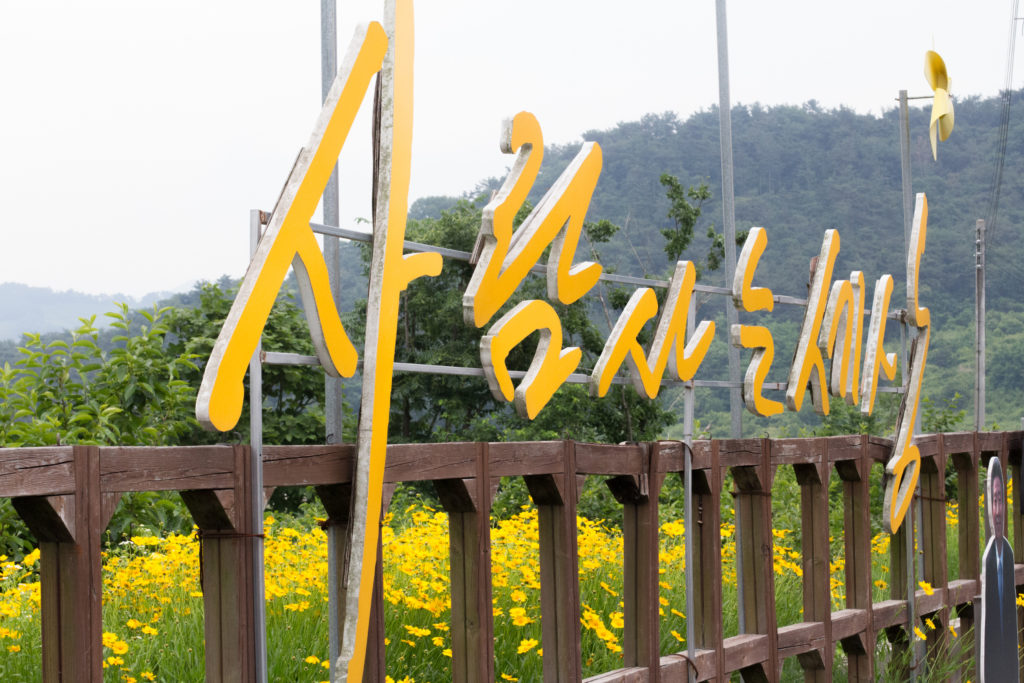
Unfortunately, he doesn’t appear to have been a very effective president. Constant pushback from the opposition party, an unhappy US, and his own failings as a leader made him deeply unpopular. He served one term and then retired to his home village where he started up an eco-farming enterprise.
About a year into his retirement from public life, allegations of bribery were raised against his administration and his family members. While he denied any knowledge of the transfer of funds, he apologized and said that he had lost the moral cause against political corruption.
On May 29, 2009, he jumped off Bueong’i Bawi (Owl Rock) and died a few hours later.
Bongwa Village has now become a memorial site. You can see where Roh was born, visit a museum about his presidency, see his grave, and even visit Owl Rock which is fenced off with barbed wire to discourage copycats.
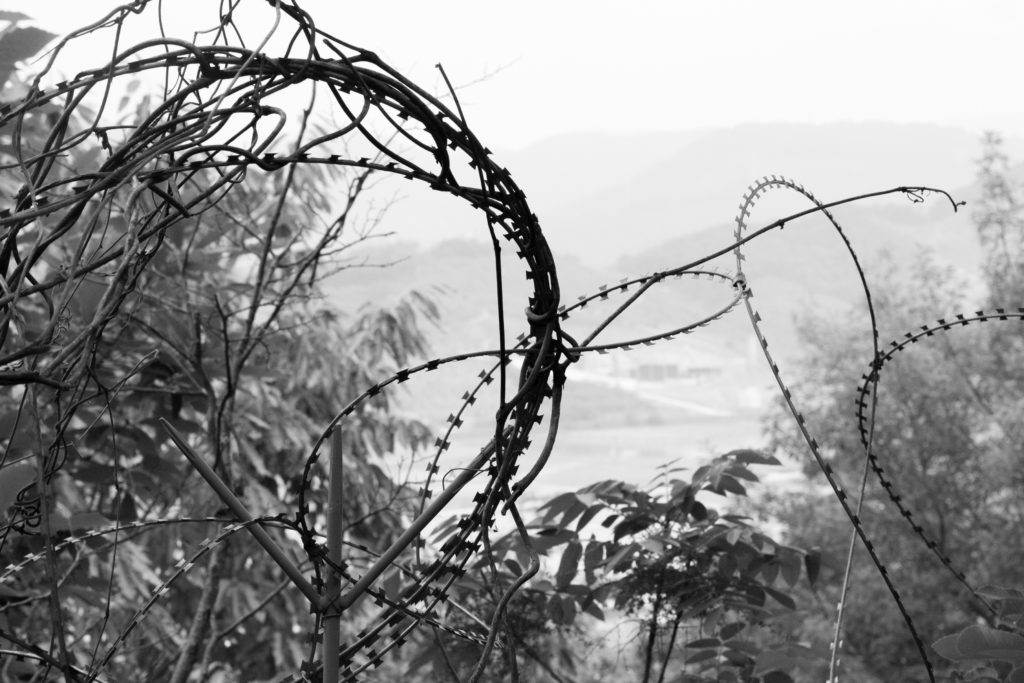
President Roh’s suicide put an end to the corruption investigation against him and his family and colleagues. For that and for other cultural reasons, his death is at least partially seen as noble, a drastic gesture from a proud man.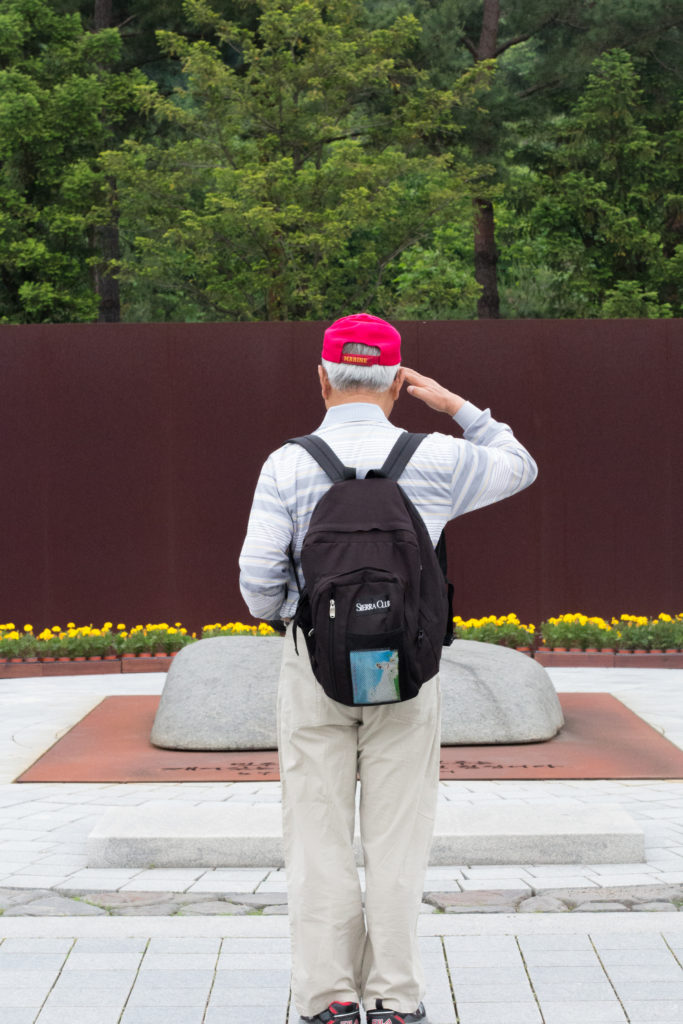
Whatever you think of the man, his presidency, or his death, President Roh Moo-hyun activated a younger generation into political engagement and played an important role in South Korea’s herky-jerky journey toward democracy.
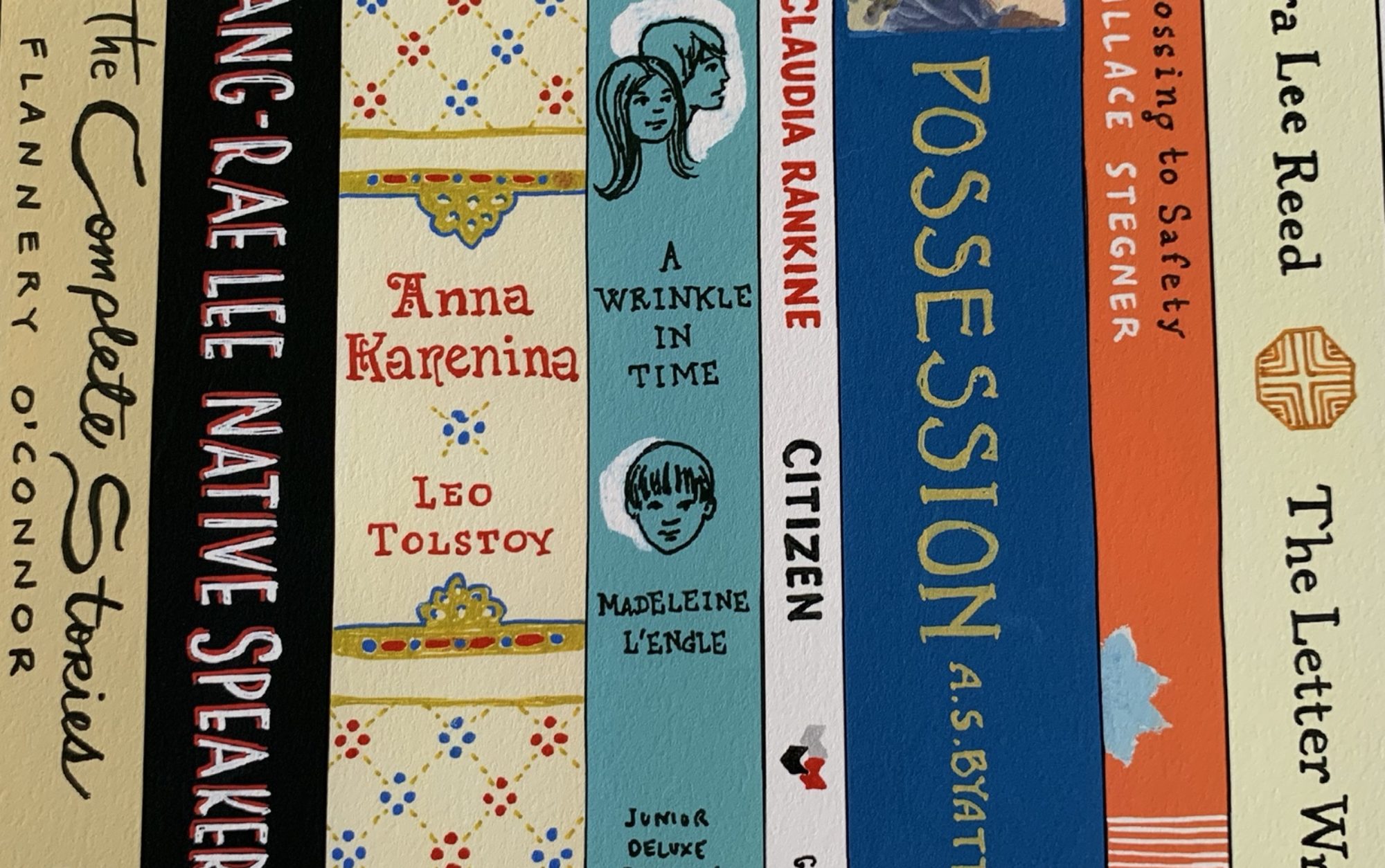
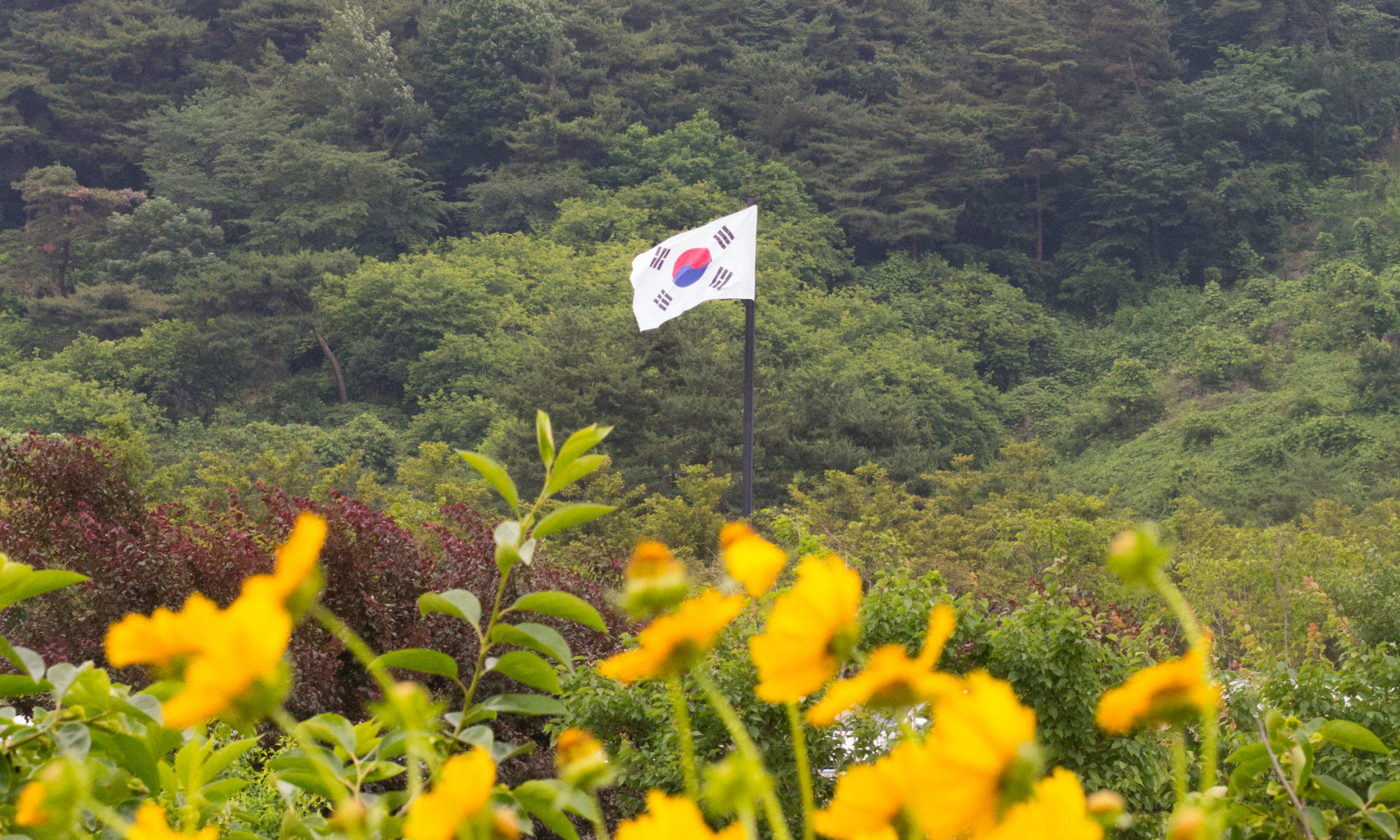
Very Interested In Reading Your Posts.